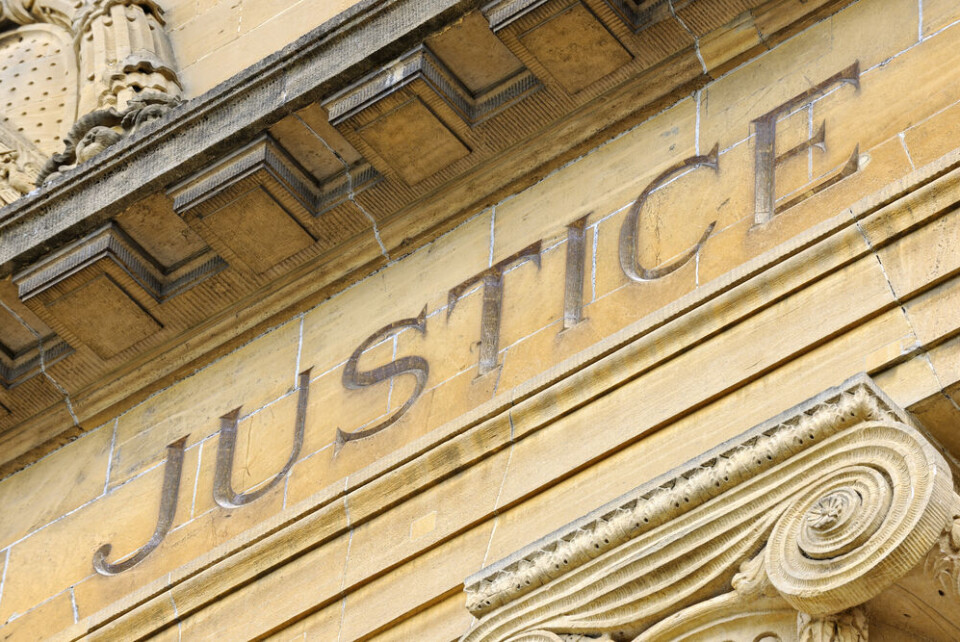-
How to help wounded wildlife and strays in France
Is illegal to treat wild animals at home unless you have authorisation
-
Marine Le Pen appeal decision should be given in summer 2026, says court
It comes as the RN leader continues to maintain her ‘innocence’ and right-wing politicians have called her conviction ‘an attack on democracy’
-
Collective legal action taken against French low-cost dentist chain
More than 1,500 patients claim to have been left mutilated or without teeth after botched interventions
How you must try to resolve neighbour disputes amicably in France
A mediator must always be used before taking certain issues to court

People with a neighbour dispute – and other disagreements involving payments of less than €5,000 – must now try to resolve the issue amicably before any court action can begin.
Judges can from this month reject a case unless they are shown proof that both parties have tried to resolve the dispute with professional help.
The change came into effect on October 1 following a decree from May of this year relating to the Civil Procedure Code and seeks to limit small cases clogging up court proceedings.
There are three methods that can be used to try to solve a dispute amicably before taking it to court; the most common is the use of a local justice conciliator (conciliateur de justice).
What cases does the rule apply to?
The change applies to disputes between two or more parties and applies to:
- disputes involving the payment of a sum not exceeding €5,000
- abnormal neighbour disturbances
- disputes relating to boundary marking, the cleaning of ditches and canals used to irrigate properties (or to run factories and mills)
- compliance with planting distances or the pruning of trees and hedges, certain rights of way, compliance with distances for certain constructions (for example, for a well built close to a wall) between two residential properties
‘Abnormal neighbourhood disputes’ include issues such as excess noise coming from a neighbour’s garden, or a property extension blocking light into a home.
Disputes relating to any of these criteria must now be solved either through a mediator, a conciliateur de justice (a volunteer law clerk) or a participative process.
As stated you will need proof that you have tried to resolve the dispute through one of these avenues before taking a case to court. Each will certify that you have used their service.
For most disputes it is probable that you will use a conciliateur de justice.
There are over 3,000 conciliateurs in France – you can find one by typing your address on their official website, which will show a list of those nearby.
Alternatively the site has an interactive map to find conciliateurs in a specific area.
Using a conciliateur de justice to attempt to amicably resolve disputes is free of charge.
Read more: Five things you can use the government’s new legal app for
What do they do?
The conciliateur de justice will host a meeting between the two parties concerned. Each party may bring a person to support them which can include a lawyer.
They can also visit the site of the dispute to interview other people who may be involved or have information, and survey the area to help make their assessments.
There is no time limit on how long a conciliateur can work on a case, but they have a “duty of care” to complete it “within a reasonable time.”
Once they have assessed the case, they draw up a statement of agreement (a document showing their verdict), which both parties (or their representatives) need to sign.
This document outlines what both parties promise to do regarding the dispute in future. For example one neighbour may agree to prune their tree before it starts hanging over their neighbour’s fence; the other neighbour agrees not to interfere with the tree’s branches.
Alongside the copies given to each party involved in the dispute, another copy is filed with the clerk of the local court.
Once the copies have been signed by all parties and verified by the court clerk, it then becomes enforceable by law.
If the parties do not agree with the conciliateur’s decision, they can choose to not sign the document, and the case can then be taken to court.
The conciliateur’s written statement is proof that an amicable decision was attempted before furthering the issue meaning a judge cannot dismiss the case on these grounds.
Related articles:
You should soon be able to report some crimes in France from home
France to trial digital driving licences as move online gathers pace
























